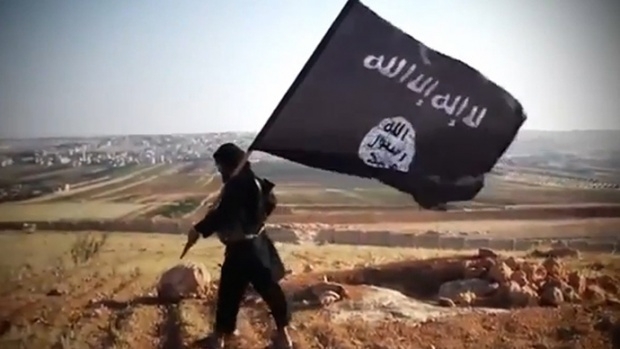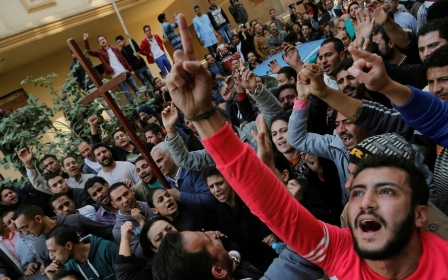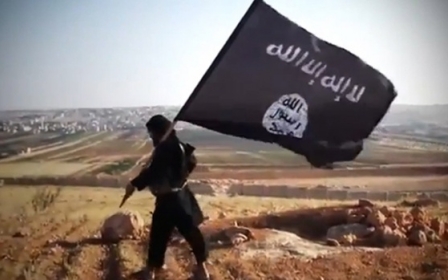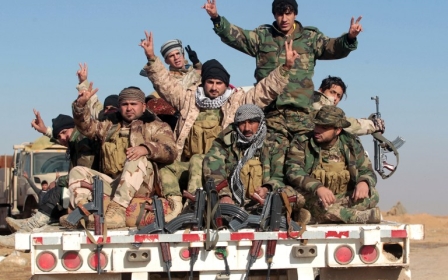IS making 'military grade' weapons in Mosul factories

The Islamic State (IS) has been producing sophisticated weapons including rockets, mortar rounds and bombs that are of comparable quality to national military forces, an arms monitoring group said on Wednesday.
Conflict Armament Research (CAR) said IS has standardised production across their territory, due to a "robust supply chain" of raw materials from Turkey.
Its report added that the technical precision of the work meant that it could not be described as "improvised" weapons production.
The report was issued following CAR’s visit to six facilities in eastern Mosul last month abandoned by IS during the offensive on the city.
"Although production facilities employ a range of non-standard materials and chemical explosive precursors, the degree of organisation, quality control and inventory management indicates a complex, centrally controlled industrial production system," the report said.
IS has established “the Central Organisation for Standardisation and Quality Control (COSQC)”, which issues specific guidelines on weapon production parameters and controls manufacturing quality, according to the report.
"Mortar rounds manufactured in one part of IS forces' territory are calibrated to fit mortar tubes produced in facilities located elsewhere," the report said.
The group found that this process was not confined to the Mosul area and had been documented in other areas in Iraq, including Fallujah, which was completely retrieved by Iraqi forces from IS in June.
READ: IS attempting to manufacture weaponised drones: Report
CAR investigators estimated that IS had manufactured tens of thousands of rockets and mortar rounds in the months leading up to the Mosul offensive, in a tightly controlled process that guaranteed high quality.
Iraq's military had launched an offensive on 17 October, backed by the US, to retake the northern city of Mosul. The loss of Mosul would mark IS’s defeat in Iraq two years after the group declared a caliphate in areas under its control in Iraq and Syria.
CAR said it found documents suggesting that IS provided its militants with detailed instructions on making and planting improvised explosive devices as well as the operation of complex weapons systems, such as anti-tank guided missiles.
“This dispatch underlines the fact that highly organised groups, when presented with opportunities to exploit commercial markets to the fullest, can operate largely independently to produce a range of militarily effective weapons to great effect,'' the report said.
IS implemented standards to mirror the functions of a national military force in a bid to "legitimise the group's capacity and coherence in the eyes of IS fighters", according to the report.
It added that standardisation required consistency in the supply of source materials, achieved through a major acquisition network in neighbouring Turkey and a supply chain extending from that country through Syria to Mosul.
In October, CAR revealed that IS was attempting to construct its own weapons-bearing drones in Ramadi in Iraq.
Middle East Eye propose une couverture et une analyse indépendantes et incomparables du Moyen-Orient, de l’Afrique du Nord et d’autres régions du monde. Pour en savoir plus sur la reprise de ce contenu et les frais qui s’appliquent, veuillez remplir ce formulaire [en anglais]. Pour en savoir plus sur MEE, cliquez ici [en anglais].




